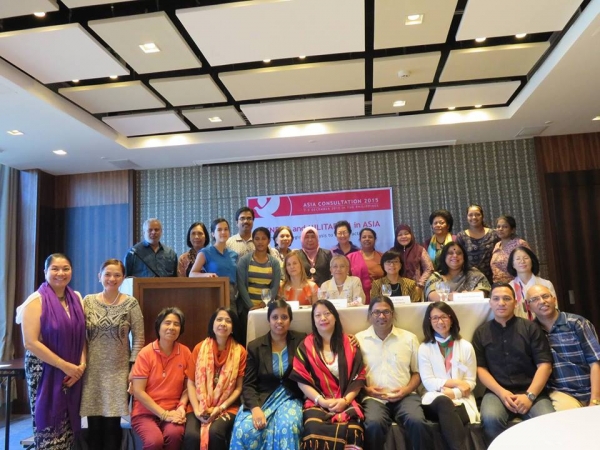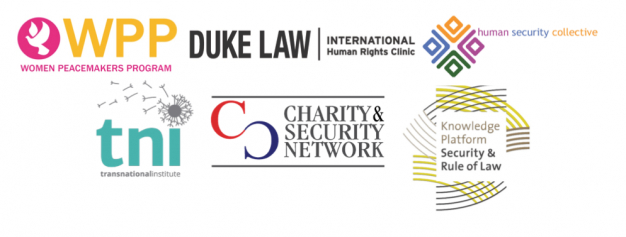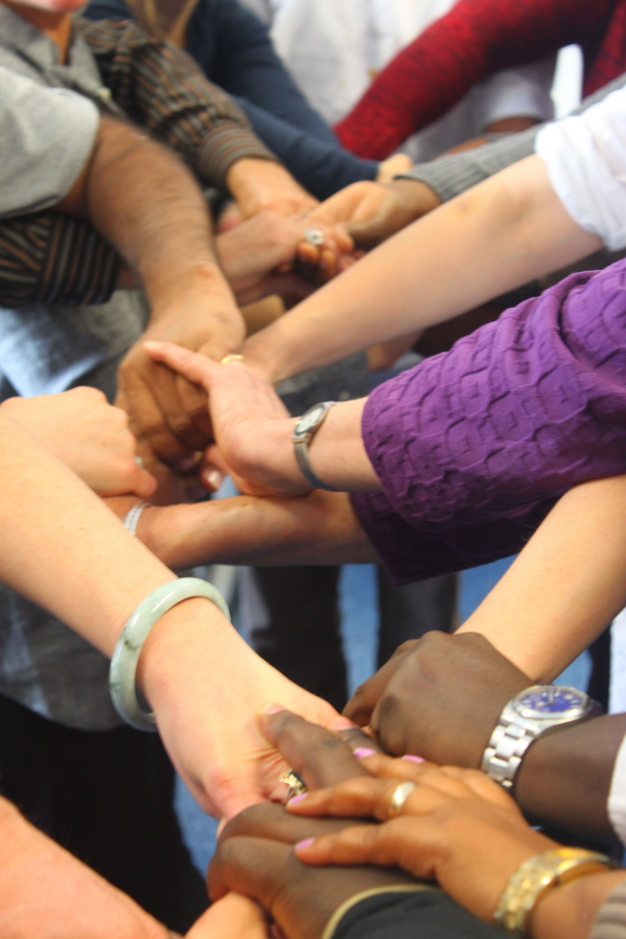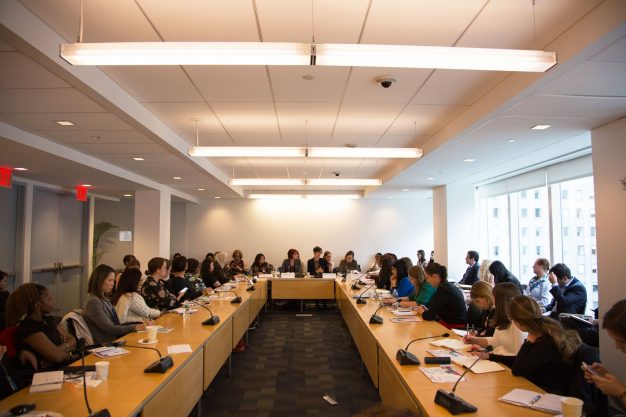Blog by Merle Gosewinkel, WPP Senior Program Officer
"We need to change mindsets through peace education. War is a social construct. It’s not innate. We are not doomed to go to war. We need to delegitimize war as a means for resolving conflict." – Dr. Loreta Castro
From 7-9 December 2015, the Women Peacemakers Program together with the Center for Peace Education (Philippines) organized the Asia Consultation "Gender & Militarism in Asia: Linking Regional Analysis to Local Practices”, which took place in Manila, The Philippines. The consultation brought together 30 men and women from 9 different Asian countries, different Asian subregions, and various backgrounds: activists, academics, as well as representatives of indigenous communities.
During the 3 days, participants discussed different aspects of militarization in the Asia region, the effects and obstacles for women and human rights activists, as well as successful approaches to confront the rising militarization in the region and promoting nonviolent approaches to conflict prevention and resolution, linking it to critical academic research from the region. Topics of the sessions included:
The consultation ended with a public event, which took place at the Marco Polo Ortigas Hotel in Manila. During this event, which was attended by policy makers, embassies and civil society, the consultation participants presented the outcomes of the discussions of the past three days. The event was opened by Secretary Teresita Quintos-Deles, the Presidential Adviser on the Peace Process in the Philippines. Professor Miriam Coronel-Ferrer, Chair of the Government Peace Panel gave a response to the outcomes presented. In the upcoming weeks, key recommendations from the consultation will be formulated, and are expected to be published online early 2016.

"One-and-a-half decades of gender advocacy taught us that the gains from consciousness raising, street protests, and lobbying could all be undone if we did not sit at the table of decision-making. One-and-a-half decades of peace advocacy taught me that if we wanted to turn the instruments of war into instruments of peace, we also had to sit at the same table of power." -Secretary Teresita Quintos Deles, Presidential Adviser on the Peace Process
12 Dec '17 Today, we are pleased to share with you the Conference Report “Financial Inclusion for Freedom and Security” by the Women Peacemakers Program, Duke Law International Human Rights Clinic, Human Security Collective, Transnational Institute, the Charity & Security Network, in cooperation with the Knowledge Platform Security and Rule of Law.

7 Dec '17 Today, on the 13th day of the 16 Days of Activism Against Gender Violence Campaign, we bring you the sad news that from 15 December onwards, the Women Peacemakers Program (WPP) will have to close its doors. We would like to ask for your time to read what has driven us to make this decision.

7 Nov '17 On Thursday, 26 October 2017, a side event entitled, “Pulling the Rug from Under Our Feet: What is the UNSCR 1325 Without Civil Society Freedoms?” was hosted on the margins of the 17th anniversary of United Nations Security Council Resolution (UNSCR) 1325. The event was hosted by the Women Peacemakers Program (WPP) and the Dutch Mission, in collaboration with Duke Law’s International Human Rights Clinic, Al-Hayat Center for Civil Society Development, Arab Women Organisation of Jordan, NOVACT, Free Sight Association, Iraqi Al-Amal Association, Women Empowerment Organisation, NGO Working Group on Women, Peace and Security and Women’s International League for Peace and Freedom. This article briefly looks at the main issues discussed during the event.
